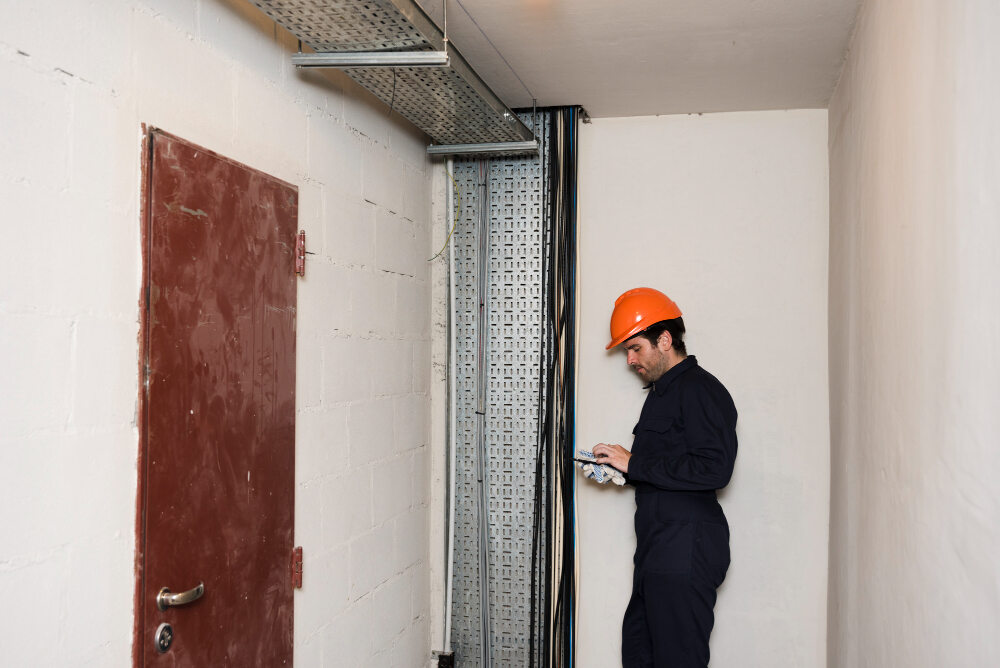When it comes to finishing a garage, one of the most common questions homeowners ask is: what type of drywall for garage walls should I use?
The answer depends on several factors—your local building codes, whether your garage is attached or detached, how you plan to use the space, and even the climate where you live. Choosing the right drywall isn’t just about appearance; it affects fire safety, durability, soundproofing, and long-term maintenance.
This guide will break down everything you need to know about drywall for garage walls, from thickness requirements to fire-rated materials, moisture resistance, and the best drywall options for different situations.
Why Drywall Your Garage?
Before deciding on the best drywall for garage projects, it helps to understand why drywall is the go-to choice for most garages in the U.S. and Canada:
- Fire Safety: Building codes often require garages (especially attached ones) to have fire-resistant drywall on walls adjoining living spaces.
- Durability: Drywall creates a finished surface for painting, insulation, and organization.
- Soundproofing: Garages often double as workshops, and drywall helps block noise from tools and machinery.
- Cost-Effective: Drywall is cheaper and easier to install than alternatives like plywood or PVC wall panels.
While some homeowners opt for paneling, pegboard, or cement board, drywall remains the most practical option for standard garage construction.
Drywall Thickness for Garage Walls
One of the first decisions you’ll face is choosing the drywall thickness for garage walls. Standard residential drywall comes in several thicknesses, but not all are suitable for garages.
1/4-Inch Drywall
- Use Case: Rarely used in garages
- Why: Too thin for stand-alone use; mainly applied over existing drywall for patching or resurfacing
1/2-Inch Drywall
- Use Case: Common for interior walls
- Garage Suitability: Works for detached garages or non-fire-rated walls. Lightweight and affordable but not always code-compliant in attached garages.
5/8-Inch Drywall
- Use Case: The most recommended drywall thickness for garage walls
- Why: Stronger, sag-resistant (good for ceilings), and often required by code for fire safety.
- Bonus: Available in Type X fire-rated drywall, which provides additional fire resistance.
Rule of Thumb: Use 5/8-inch drywall for garage ceilings and for any wall adjoining living spaces. In detached garages without special fire code requirements, 1/2-inch drywall may be acceptable.
Fire-Rated Drywall: Essential for Attached Garages
If your garage is attached to your home, you’ll likely need fire-rated drywall (often called Type X).
What is Fire-Rated Drywall?
- Type X drywall contains special non-combustible fibers in the gypsum core.
- Provides at least one hour of fire resistance compared to standard drywall.
- Typically 5/8-inch thick.
Where It’s Required:
- Walls shared with the house (garage-to-home walls).
- Garage ceilings beneath living spaces.
- Sometimes, local building codes require it on all garage walls, so always check with your municipality.
Moisture-Resistant Drywall Options
Many garages face humidity, temperature swings, and even the occasional water splash. Standard drywall doesn’t hold up well to moisture.
For these situations, consider:
- Greenboard Drywall: Moisture-resistant, but not waterproof. Good for humid climates, but not recommended for direct water contact.
- Cement Board or Fiber Cement Panels: Suitable for areas near water (like car wash setups).
- Purple Board (Moisture + Mold Resistant): A premium option that resists mold growth.
If you live in a humid climate or plan to wash cars inside, consider upgrading beyond standard drywall for better long-term performance.
Best Drywall for Garage Walls: Different Scenarios
Choosing the best drywall for garage depends on how you plan to use your space:
Standard Detached Garage
- Best Option: 1/2-inch drywall for walls, 5/8-inch for ceilings
- Why: No fire code requirements, cost savings
Attached Garage (Most Common in the U.S.)
- Best Option: 5/8-inch Type X drywall for ceilings and walls adjoining the house
- Optional: 1/2-inch drywall for other walls if allowed by code
Garage Workshop
- Best Option: 5/8-inch drywall throughout for durability and soundproofing
- Add-on: Insulation behind drywall for better climate and noise control
Humid or Damp Climate
- Best Option: Greenboard or mold-resistant drywall for all garage walls
- Bonus: Cement board at the bottom few feet for splash protection
Premium Finish or Long-Term Value
- Best Option: Fire-rated drywall with moisture resistance (Purple Board)
- Why: Provides safety, soundproofing, and mold protection in one
How to Install Drywall for Garage Walls
Once you’ve chosen the right material, here’s a quick overview of installation:
- Plan Layout: Measure and mark studs with a chalk line.
- Cut Drywall: Use a utility knife to score and snap sheets.
- Attach Sheets: Use coarse-thread screws (for wood studs) or fine-thread screws (for metal studs). 1/2-inch drywall – 1 1/4-inch screws & 5/8-inch drywall – 1 5/8-inch screws
- Stagger Joints: Avoid lining up seams to reduce cracking.
- Tape & Mud: Apply joint compound and tape seams in layers.
- Sand & Prime: Smooth surfaces before painting or finishing.
Alternatives to Drywall for Garage Walls
While drywall is the standard choice, it’s not the only option:
- Plywood or OSB Panels: Strong, easy to screw into, great for hanging tools.
- PVC Wall Panels: Waterproof, durable, but more expensive.
- Pegboard: Excellent for storage walls in workshops.
- Metal Panels: Industrial look, long-lasting, but higher cost.
Many homeowners mix drywall with alternatives—drywall for fire-rated areas, and plywood or PVC for heavy-use walls.
Cost of Drywall for Garage Walls
Drywall pricing depends on thickness, type, and location:
- 1/2-inch standard drywall: $10–$15 per 4×8 sheet
- 5/8-inch standard drywall: $15–$20 per sheet
- Type X fire-rated drywall: $20–$25 per sheet
- Moisture/mold-resistant drywall: $25–$35 per sheet
On average, finishing a two-car garage with drywall costs $1,500–$3,500 (materials + labor). DIY installation can save 30–50%.
FAQs About Drywall for Garage
What type of drywall for garage walls is required by code?
Most U.S. building codes require 5/8-inch fire-rated (Type X) drywall on garage ceilings and walls adjoining living spaces. Detached garages often allow 1/2-inch drywall.
Can I use regular drywall in my garage?
Yes, but only if it meets code. For attached garages, standard drywall may not provide enough fire resistance.
What is the best drywall thickness for garage ceilings?
5/8-inch drywall is best for ceilings—it resists sagging and meets fire safety requirements.
Is moisture-resistant drywall necessary for garages?
Not always. But in humid climates or if you wash cars inside, moisture-resistant drywall (greenboard or purple board) is highly recommended.
Can I mix drywall types in my garage?
Yes. Many homeowners use fire-rated drywall for code-required walls and standard drywall for others, sometimes combining with plywood or PVC panels for durability.
Conclusion: Choosing the Best Drywall for Your Garage
If you’ve been wondering what type of drywall for garage walls is best, here’s the bottom line:
- For attached garages, use 5/8-inch fire-rated Type X drywall on ceilings and shared walls.
- For detached garages, 1/2-inch drywall may be acceptable, but 5/8-inch offers more strength.
- In humid climates, consider moisture-resistant drywall for added protection.
- For workshops or premium spaces, go with 5/8-inch throughout for soundproofing and durability.
The right choice depends on your garage’s purpose, local codes, and climate. No matter which option you pick, properly installed drywall will create a safer, more functional, and more polished garage space.

